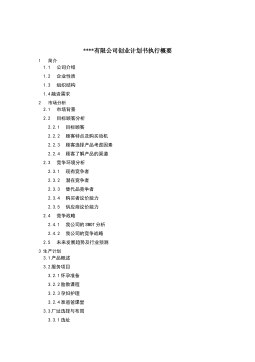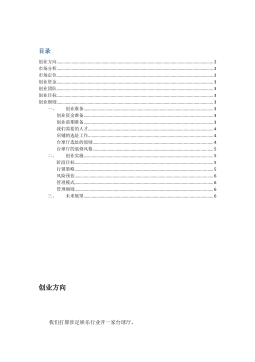供应链协调应对突发事件问题的研究
目录中文摘要ABSTRACT第一章绪论......................................................................................................1§1.1引言.......................................................................................................1§1.2论文的内容和创新点..........................................................
相关推荐
-
我国基层财政困难的制度成因分析与对策研究VIP免费
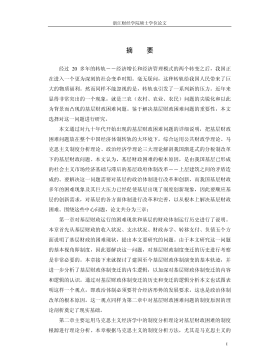
 2024-09-20 46
2024-09-20 46 -
我国煤电产业链纵向交易合约机制研究VIP免费
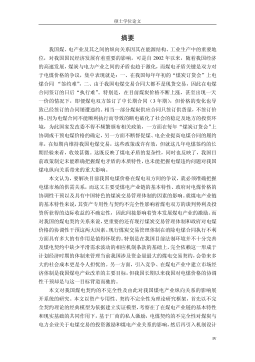
 2024-09-20 43
2024-09-20 43 -
生产要素视角下的上海市产业结构优化研究VIP免费
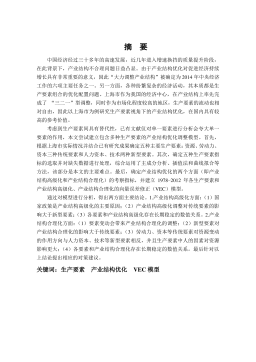
 2025-01-09 8
2025-01-09 8 -
我国银行业结构与经济结构关系研究VIP免费
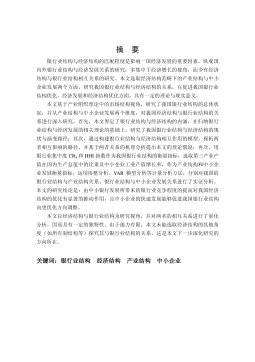
 2025-01-09 17
2025-01-09 17 -
大数据视角下农业供应链金融研究VIP免费
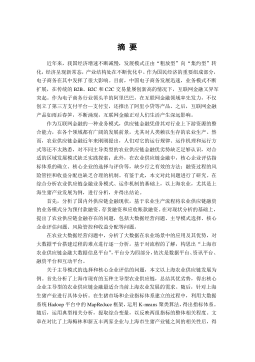
 2025-01-09 14
2025-01-09 14 -
跨国大型综合超市的规划研究VIP免费
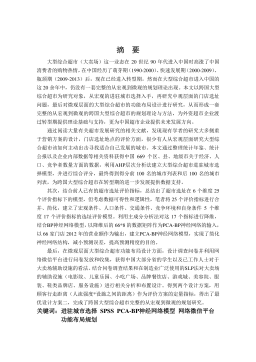
 2025-01-09 9
2025-01-09 9 -
跨境电商农产品质量安全问题研究VIP免费
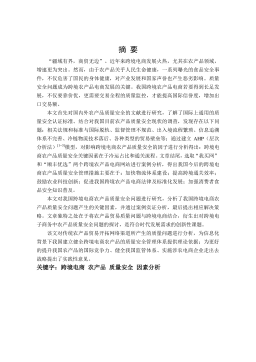
 2025-01-09 9
2025-01-09 9 -
世界市场的虚拟化与我国国际电子商务发展方向研究VIP免费
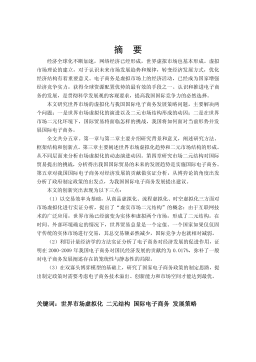
 2025-01-09 43
2025-01-09 43 -
中国政府对电力行业的价格规制问题研究VIP免费
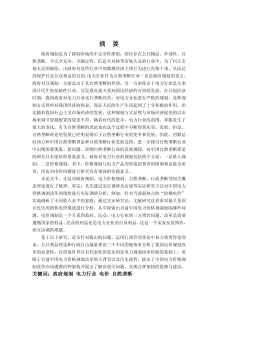
 2025-01-09 19
2025-01-09 19 -
中小企业信息化系统集成技术研究VIP免费
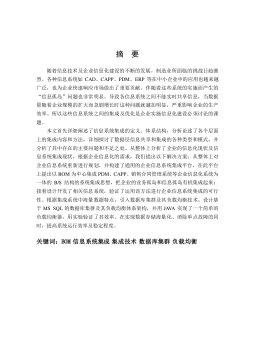
 2025-01-09 30
2025-01-09 30
相关内容
-

跨国大型综合超市的规划研究
分类:高等教育资料
时间:2025-01-09
标签:无
格式:PDF
价格:15 积分
-

跨境电商农产品质量安全问题研究
分类:高等教育资料
时间:2025-01-09
标签:无
格式:PDF
价格:15 积分
-

世界市场的虚拟化与我国国际电子商务发展方向研究
分类:高等教育资料
时间:2025-01-09
标签:无
格式:PDF
价格:15 积分
-

中国政府对电力行业的价格规制问题研究
分类:高等教育资料
时间:2025-01-09
标签:无
格式:PDF
价格:15 积分
-

中小企业信息化系统集成技术研究
分类:高等教育资料
时间:2025-01-09
标签:无
格式:PDF
价格:15 积分


